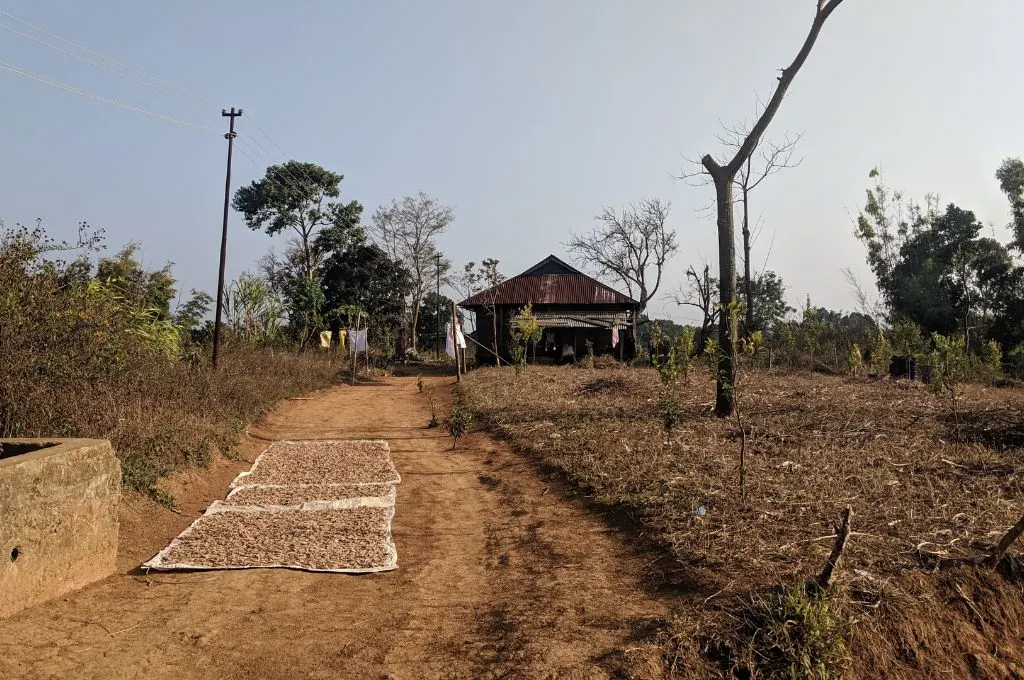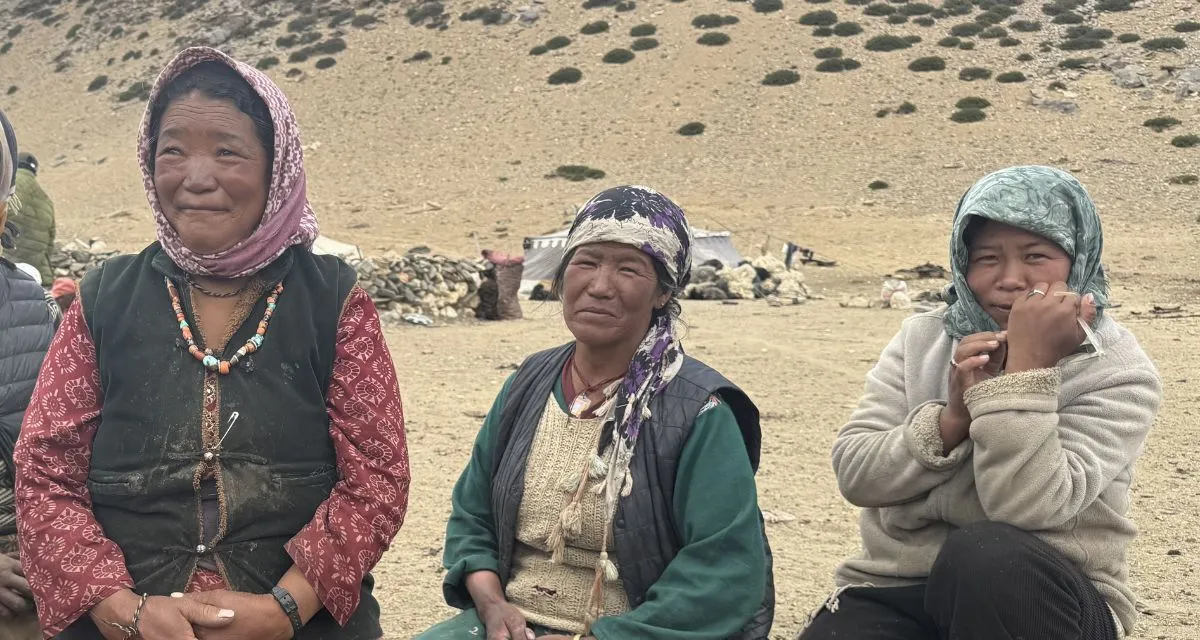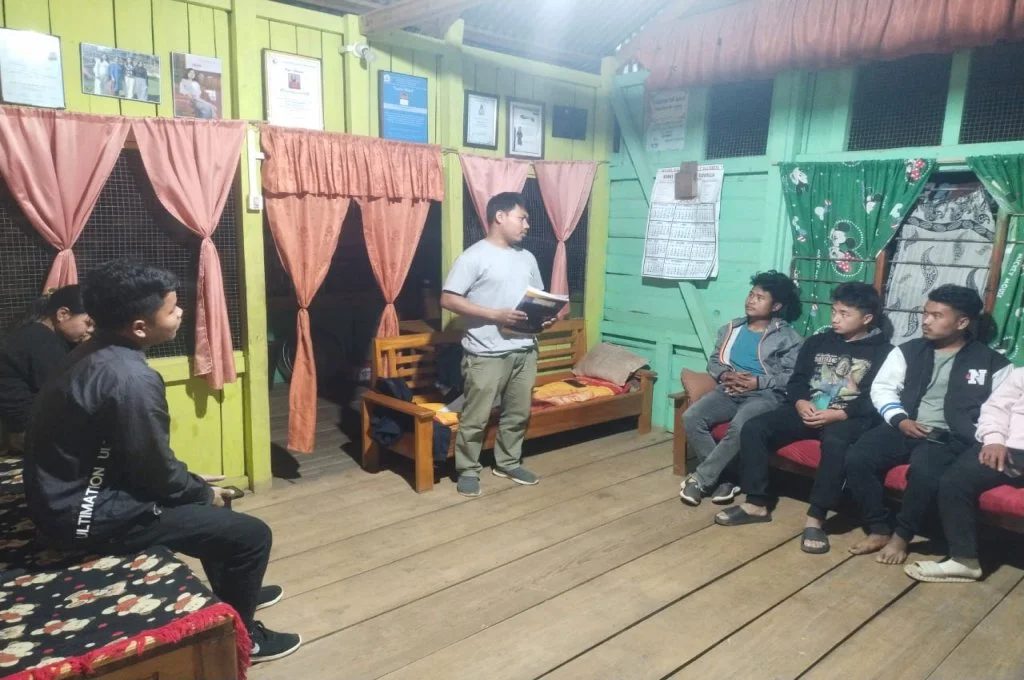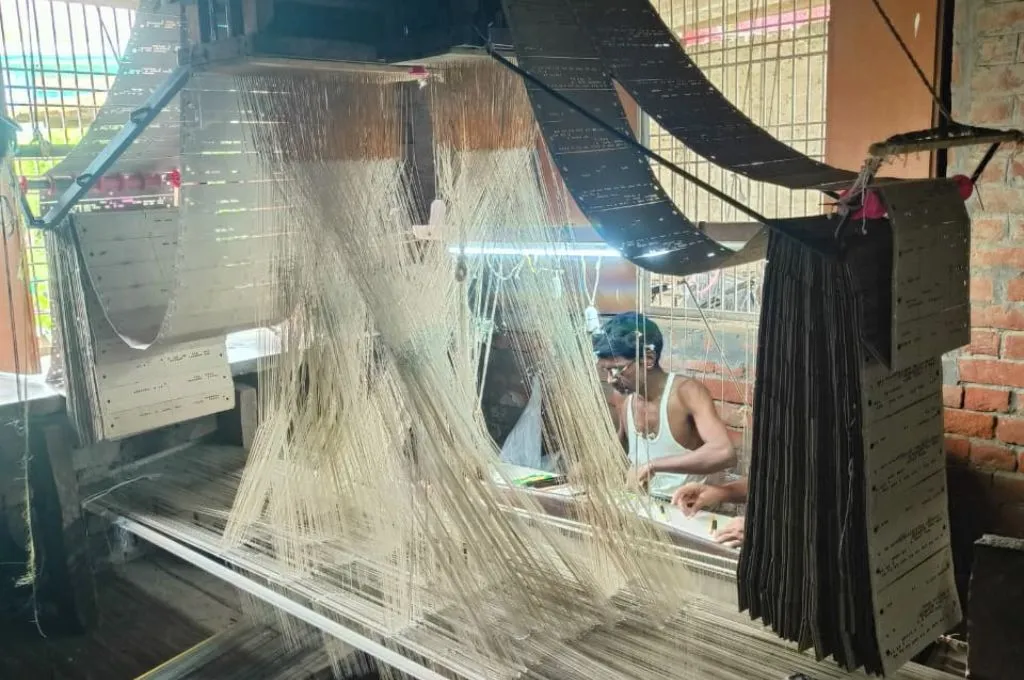READ THIS ARTICLE IN
Don’t girls with single parents deserve scholarships?
I was a Gandhi Fellow with Piramal Foundation from 2023–25 in Jharkhand’s East Singhbhum district. As part of the fellowship, I helped girls in residential schools apply for government scholarships such as Savitribai Phule Kishori Samridhi Yojana (SBPKSY).
SBPKSY aims to reduce dropout rates among girls from classes 8–12 by providing financial assistance of INR 40,000 in instalments. Since the application process—from getting the form at an Anganwadi to submitting it at the block office—is entirely offline, we support girls if they run into issues such as confusion about documentation.
During my time with the fellowship, I found that despite being eligible, many girls are unable to apply for the scholarship under the scheme. This is because a candidate can only apply for the scholarship using their mother’s documents, such as Aadhaar card, self-declarations, and other papers.

A class 9 student at a school I manage cannot apply because her mother has remarried and is no longer in touch with her. The scheme allows the use of the father’s documents only if the mother is deceased—and even then, it requires a copy of the mother’s death certificate, which is difficult to obtain if the parents had not been in contact.
The parents of many of the children I worked with had separated due to various reasons, including domestic violence, migration for work, early or unwanted marriage, and the patriarchal demand for a boy child remaining unfulfilled. For example, one student told me, “When my second sister was born, my grandmother told my father to remarry.” This led to her parents’ separation. Since government scheme processes are typically designed around a traditional family structure, children in such situations find it difficult to navigate complex family dynamics and access the scholarship.
Most of the schoolteachers and family members I interacted with felt that this issue requires a long-term solution so that dropout rates can be effectively managed. They suggested that either the scholarship should accept documents from any one parent or allow guardian documents to be submitted as alternatives, allowing girls to continue their education. We are hopeful that this problem will be resolved by the government soon so that students can apply for scholarships easily.
Roshni Tiwari works as a district representative with Piramal Foundation.
—

Know more: Read more about how the Jan Aadhaar has become a barrier to women’s education in Rajasthan.
Do more: Connect with the author at roshni.tiwari@gandhifellowship.org to learn more about and support her work.




